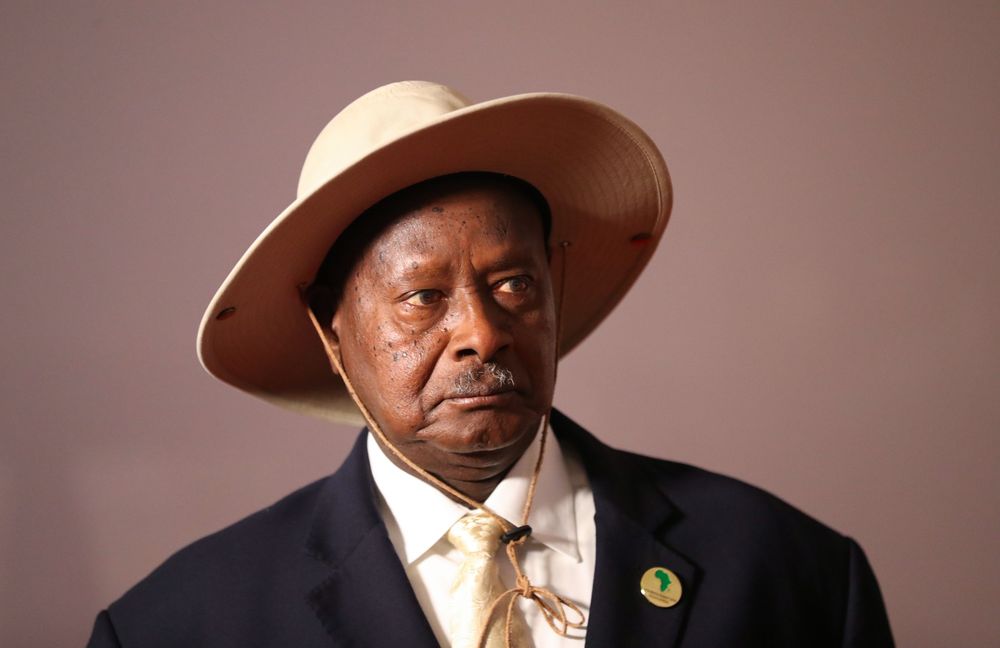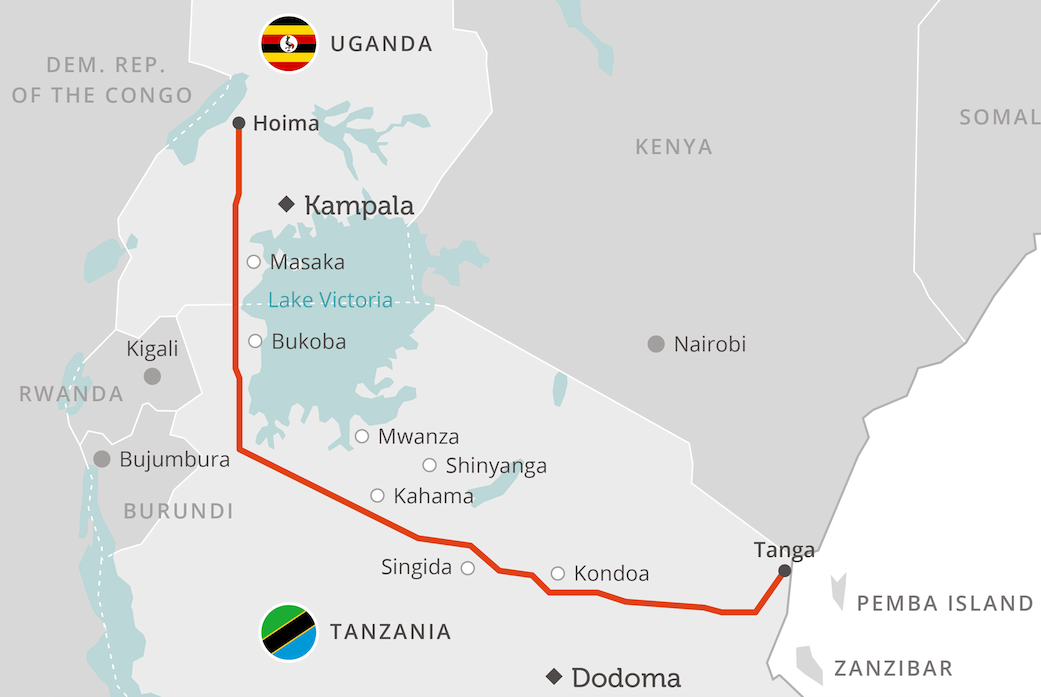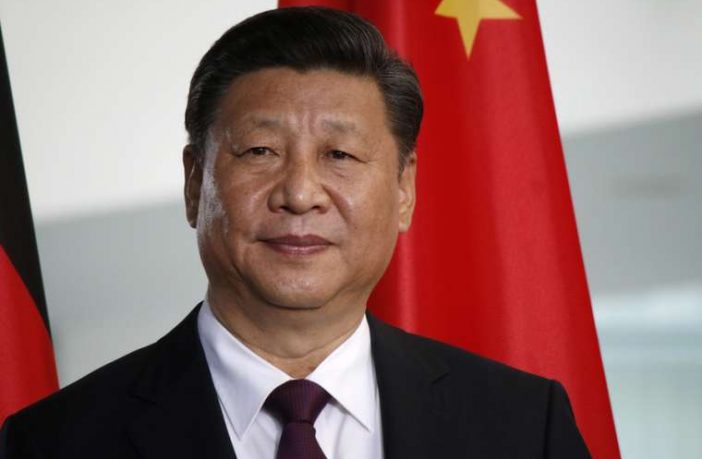- Standard Chartered Plc has announced that it will not finance the East African Crude Oil Pipeline (EACOP) project.
- The decision, which follows mounting pressure from the StopEACOP campaign, is particularly significant as the bank had previously confirmed that it was undertaking due diligence on financing the $5 billion project.
- In response to public pressure, the London-based bank clarified to Bloomberg on Friday that it is not involved in the project’s financing.
Though construction has not started, the controversial EACOP project, being led by French oil major TotalEnergies, has already resulted in scores of project-affected persons and frontline activists suffering violence, intimidation, and land use restrictions. The compensatory processes have been unfair, leading many communities impacted to suffer the unfair loss of their land and other income-generating streams due to the pipeline’s development.
Related news: TotalEnergies announce EACOP go ahead with Uganda and Tanzania
Local communities and activists have also raised concerns about the project’s potential impact on the environment and the well-being of those who live in the pipeline’s path, not forgetting that the EACOP could trigger a dangerous spike in carbon emissions and the apparent threat to local wildlife populations, including protected and sensitive ecosystems.
In reaching this decision, Standard Chartered becomes the 25th major bank to have publicly distanced itself from the EACOP. The project, which still needs a $2-3 billion project finance loan in order to proceed, has lost the backing of nine out of TotalEnergies’ 10 largest financiers.

TotalEnergies will set up oil drilling operations in Lake Albert. The lake is Africa’s seventh-largest lake, as well as the second biggest of Uganda’s Great Lakes. Lake Albert is part of the complicated system of the upper Nile. There are 55 fish species in Lake Albert. After Nile crocodiles and larger carnivorous birds, the largest predator in the lake is the Nile perch which is native to the lake, as well as the fearsome-looking elongate tigerfish, African tigerfish, and the electric catfish. Image credit: Bernard DUPONT
Standard Chartered is the current chair of the Equator Principles, the banking sector’s rules for assessing environmental and social risk when financing large projects, with which the EACOP project sponsors have committed to comply. The bank’s decision to withdraw after assessing the project against the Equator Principles clearly conveys that the EACOP and associated oil projects fail to live up to the required international standards.

Uganda’s ‘President for Life’, Yoweri Museveni. Credit: Mike Hutchings/AFP via Getty Images.
The StopEACOP campaign is determined to push other firms considering getting involved in this controversial EACOP project, in particular, the three banks acting as financial advisers to the project: South Africa’s Standard Bank, Japan’s Sumitomo Mitsui Banking Corporation (SMBC) and the Industrial and Commercial Bank of China (ICBC), as well as the US insurance broker Marsh, to follow Standard Chartered in pulling out of the project and instead increase their investment in genuine climate solutions.
Author: Bryan Groenendaal
About #StopEACOP
#StopEACOP is a global campaign against constructing the East African Crude Oil pipeline (EACOP). This proposed 1,443-kilometer heated pipeline will transport oil from Hoima, Uganda, to the port of Tanga in Tanzania. An alliance of local groups, communities, and African and global organisations leads the campaign. The #StopEACOP Coalition has been calling for a stop to the proposed pipeline and associated oil fields at Tilenga and Kingfisher.

East African Crude Oil Pipeline map. Image credit: EACOP
The #StopEACOP campaign is gathering momentum, building pressure on the remaining supporters and financiers of the East African Crude Oil Pipeline. AEGIS London, Arch Capital Group Ltd and Britam Holdings recently announced they would not offer the project insurance coverage. So far, 25 major banks and 23 major (re)insurers have ruled out support for the pipeline. Some financial institutions yet to commit to not funding EACOP include AIG, ICBC, MUFG and SMBC.















